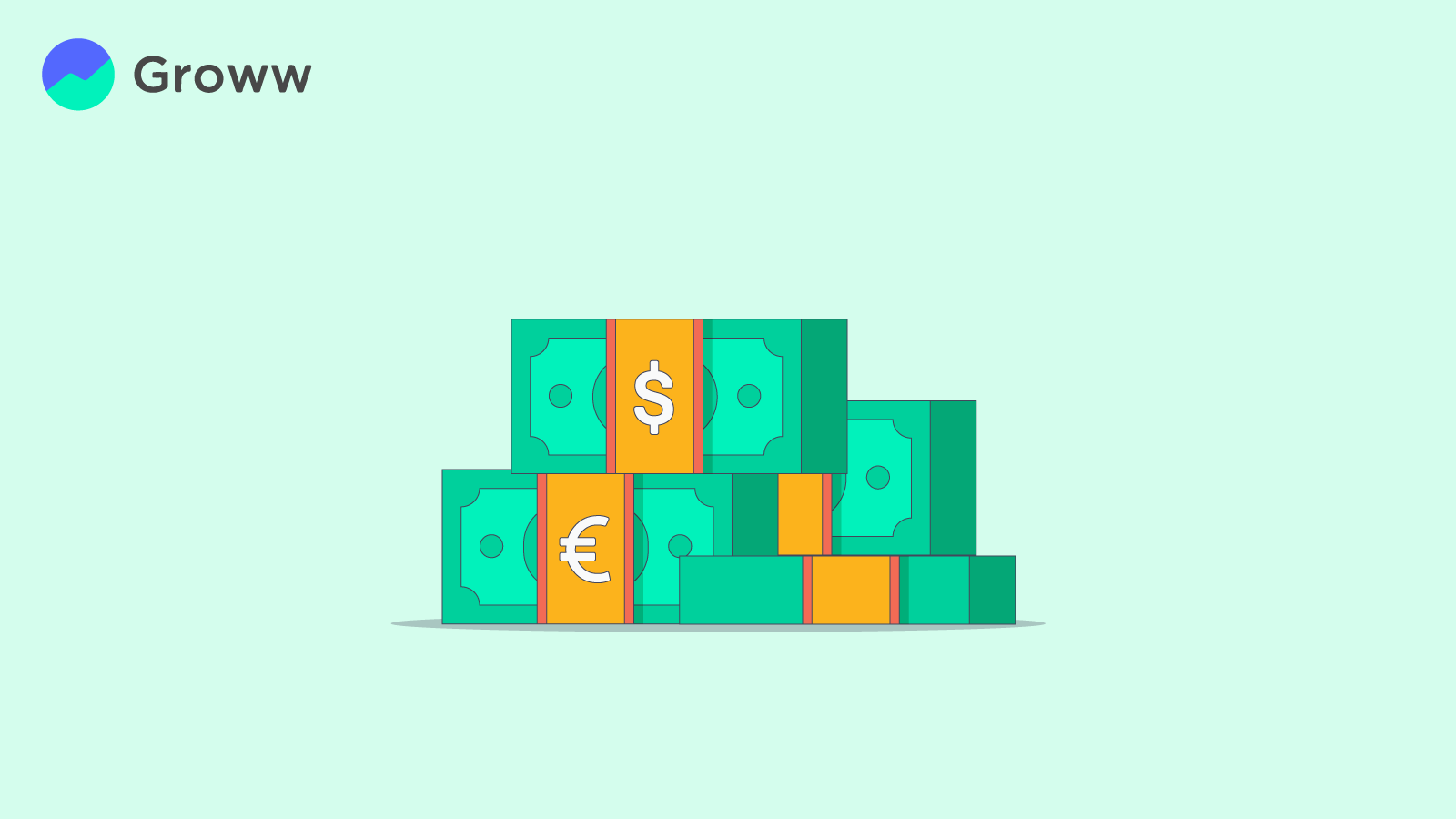What is Fiat Money

Fiat money is a currency issued by a government that is not tied to any physical commodity like gold or silver but rather to the government's authority. Its value comes from trust in the issuing government and the balance between its supply and demand rather than from any specific commodity backing it.
Most modern paper currencies, such as the US dollar, the euro, and other major global currencies, are some fiat money examples. It serves as a fundamental tool for conducting transactions and storing value in today's economic system.
What is Fiat Money Meaning
The term ‘fiat’ comes from Latin, often translated as ‘let it be done’ or ‘it shall be’.
Fiat money holds value solely because the government maintains it and because people agree on its value during transactions.
Historically, governments minted coins from valuable commodities like gold or silver or issued paper money that could be exchanged for a specific amount of these physical assets. However, you cannot convert fiat money or redeem it for a physical commodity.
How Does Fiat Money Work
Fiat currency is not tied to any physical commodity but derives its value from public trust and government decree. Paper money serves as a medium for storing purchasing power and facilitates transactions, replacing the old barter system where goods were exchanged for goods.
This capability allows individuals and businesses to plan ahead effectively and engage in specialised economic activities. For instance, a company involved in software development can invest in new technology, hire skilled professionals, and expand its operations across different locations if it has enough fiat money in hand.
The value of fiat currency hinges on the country's economic performance, governance, and impact on interest rates. In times of political instability, a country's currency may weaken, leading to higher prices for goods and making it difficult for people to afford necessities.
Fiat currency functions effectively when the public has confidence in its ability to maintain purchasing power. It also needs the full backing of the government, which issues and declares it as legal tender for all financial transactions.
Advantages of Fiat Money
The following are some of the advantages of fiat money:
-
Cost-effective
Producing fiat money is relatively inexpensive. Unlike precious metals like gold, which are costly to mine and have limited availability, fiat currency can be produced at a lower cost.
-
Economic Control
Fiat currency enables central banks, such as the Reserve Bank of India (RBI), to regulate the money supply in the economy without tying it to precious metals. This allows the government to manipulate interest rates, control credit availability, implement inflation control measures, and more.
-
Streamlined
Using paper money eliminates the need to transfer precious metals between banks. Fiat money supports fractional reserve banking, allowing commercial banks to leverage more funds to meet borrowing demands.
-
Accepted Worldwide
Fiat currencies are widely acceptable, making them ideal for international trade and business transactions.
Disadvantages of Fiat Money
The following are some of the disadvantages of fiat money:
-
Dependence on Government Trust
The value of fiat money is heavily dependent on trust and confidence in the issuing government. Therefore, the economic health and political stability of the country and its institutions directly impact the currency's value.
-
Inflation
A significant disadvantage of fiat money is its potential to cause inflation.
Since fiat currency is not linked to any valuable commodity, governments can produce it in unlimited amounts, especially when dealing with budget deficits or high debt levels. This can create a cycle of debt and inflation, potentially leading to economic bubbles.
-
Susceptibility to Manipulation
Without a limit on the amount of fiat money in circulation, it is susceptible to manipulation by central banks and governments. This can lead to inflation, fluctuating interest rates, and other economic challenges.
Summing Up What is Fiat Currency Meaning
Fiat money derives its value from supply and demand rather than from any physical commodity. Governments employ fiat money to maintain economic stability and mitigate the natural cycles of economic booms and downturns. However, you must remember that excessive production of fiat money can lead to inflation or even hyperinflation. This happens when the market is flooded by it beyond actual demand, posing risks to the economy's stability and purchasing power.